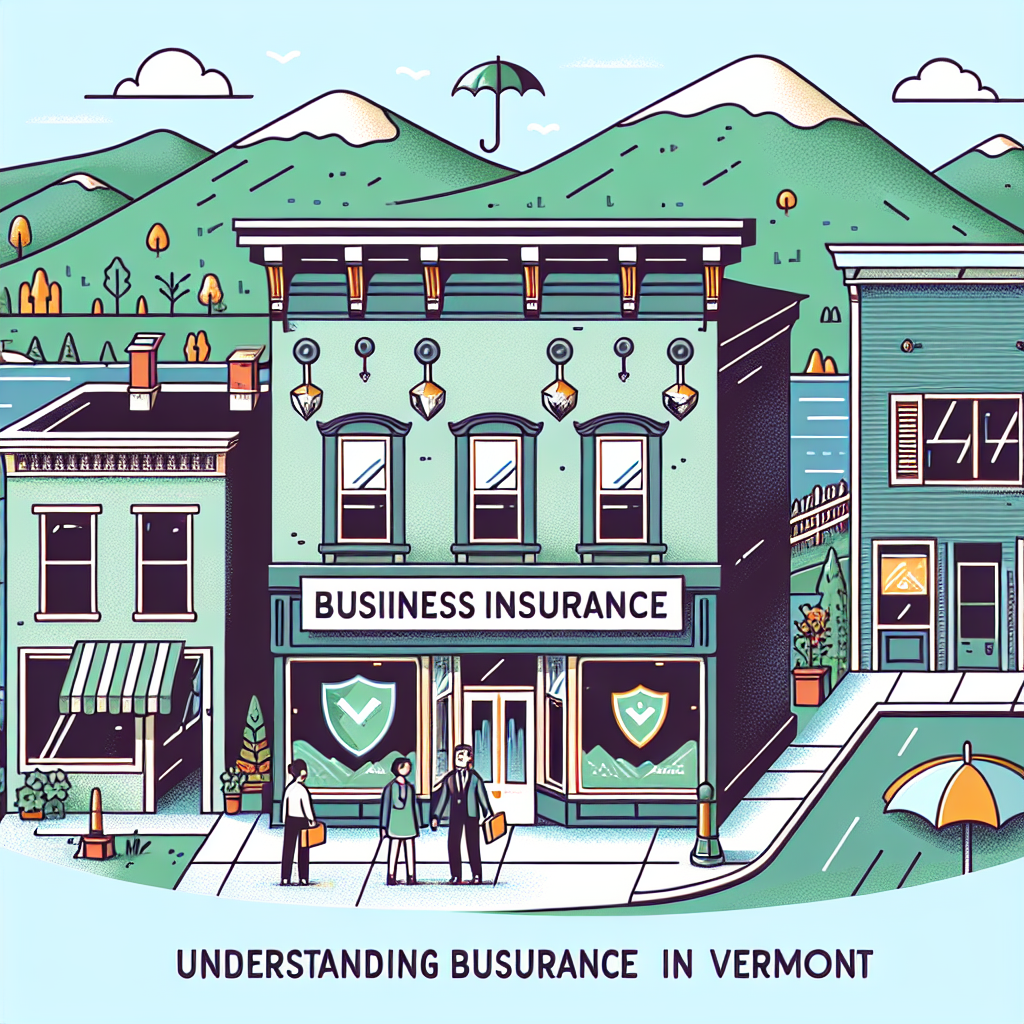Filed under Home Insurance on
Vacation Home Insurance: Comprehensive Coverage Guide

When it comes to safeguarding your investment, vacation home insurance is a crucial consideration. Whether your property is a cozy cabin in the woods or a sun-drenched beach house, ensuring it's adequately protected will provide peace of mind and financial security.
Understanding Vacation Home Insurance
Vacation home insurance is specifically designed to cover properties that are not your primary residence. These homes often present unique risks, such as being unoccupied for extended periods or being rented out to guests. Therefore, it's vital to have comprehensive coverage that caters to these specific needs.
What Does Vacation Home Insurance Cover?
While policies can vary, most vacation home insurance plans typically cover:
- Property Damage: Protection against damages caused by natural disasters, vandalism, or theft.
- Liability: Covers legal expenses and damages if someone is injured on your property.
- Loss of Use: Compensation for additional living expenses if your vacation home becomes uninhabitable due to a covered peril.
Some policies may also offer optional coverage for specific items or circumstances, such as high-value belongings or rental property endorsements.
Key Considerations for Choosing a Policy
Before selecting a vacation home insurance policy, consider the following factors to ensure you have the right protection:
Location and Risk Factors
The location of your vacation home significantly influences the type of coverage you'll need. Homes in areas prone to wildfires, hurricanes, or floods may require additional coverage options. Understanding local risks will help tailor your policy effectively.
Usage Frequency
How often you use your vacation home can impact your insurance needs. For properties rented to others, additional liability and loss of income coverage might be necessary. On the other hand, homes primarily for your personal use may not require as many endorsements.
Security Features
Installing security systems or other protective measures can not only help keep your property safe but may also qualify you for discounts on your insurance premiums. Discuss potential savings with your insurance provider when implementing such features.
Replacement Cost vs. Actual Cash Value
Deciding between replacement cost and actual cash value is crucial. Replacement cost covers the expense of repairing or replacing the property without depreciation. Conversely, actual cash value considers depreciation, potentially resulting in a lower payout.
How Vacation Home Insurance Differs from Primary Home Insurance
Although they share similarities, vacation home insurance differs from primary home insurance in several ways:
- Higher Premiums: Insurers often charge more for vacation homes due to increased risks associated with their occasional use.
- Limited Coverage for Unoccupied Days: Special provisions are usually in place for when the home is unoccupied, impacting the type and amount of coverage offered.
- Enhanced Liability Considerations: Since many vacation homes serve as rental properties, liability options need to address this potential exposure.
Current Industry Trends and Expert Tips
The vacation home insurance market continues to evolve, influenced by economic shifts and environmental changes. Here are some notable trends and tips from experts:
Rise of Short-Term Rentals
The popularity of short-term rental platforms like Airbnb has surged, leading to increased demand for tailored vacation home insurance. Experts recommend ensuring your policy explicitly covers rental activities and potential guest-related incidents.
Climate Change Impact
With climate change influencing the frequency and severity of natural disasters, insurance companies are adjusting their risk assessments. Investing in additional coverage for climate-related risks could be prudent.
Bundling Insurance Policies
Many providers offer discounts for bundling multiple policies, such as combining vacation home insurance with your primary home or auto insurance. This strategy can lead to significant savings while ensuring comprehensive protection.
Steps to Secure the Right Vacation Home Insurance
Finding the right vacation home insurance involves thorough research and communication with insurance professionals. Follow these steps to secure the best coverage:
- Assess Your Needs: Consider your property's location, frequency of use, and potential risks to determine necessary coverage types and levels.
- Research Providers: Compare quotes from various insurers, focusing on their reputation for handling vacation home claims.
- Understand Policy Details: Read through policy documents carefully to ensure there are no gaps in coverage and that you're fully protected.
- Consult an Expert: Speak with an insurance agent or broker specializing in vacation homes to gain insights into complex coverage options.
Conclusion
Vacation home insurance is a crucial element in protecting your property and financial investment. By understanding the unique aspects of these policies and staying informed about industry trends, you can make educated decisions that ensure comprehensive and effective coverage.
Whether you own a mountain retreat or a coastal getaway, investing in the right insurance will let you enjoy your property with confidence, knowing you're shielded from potential financial burdens.





